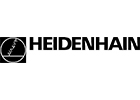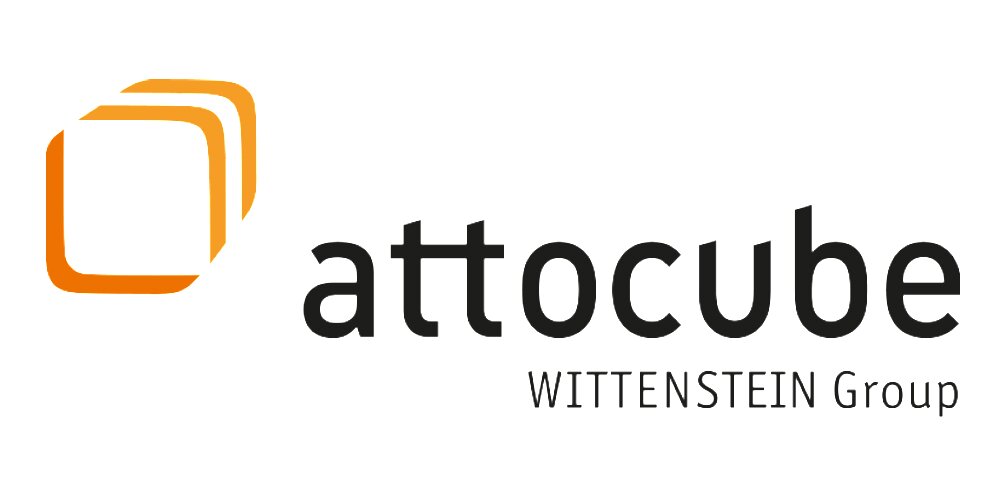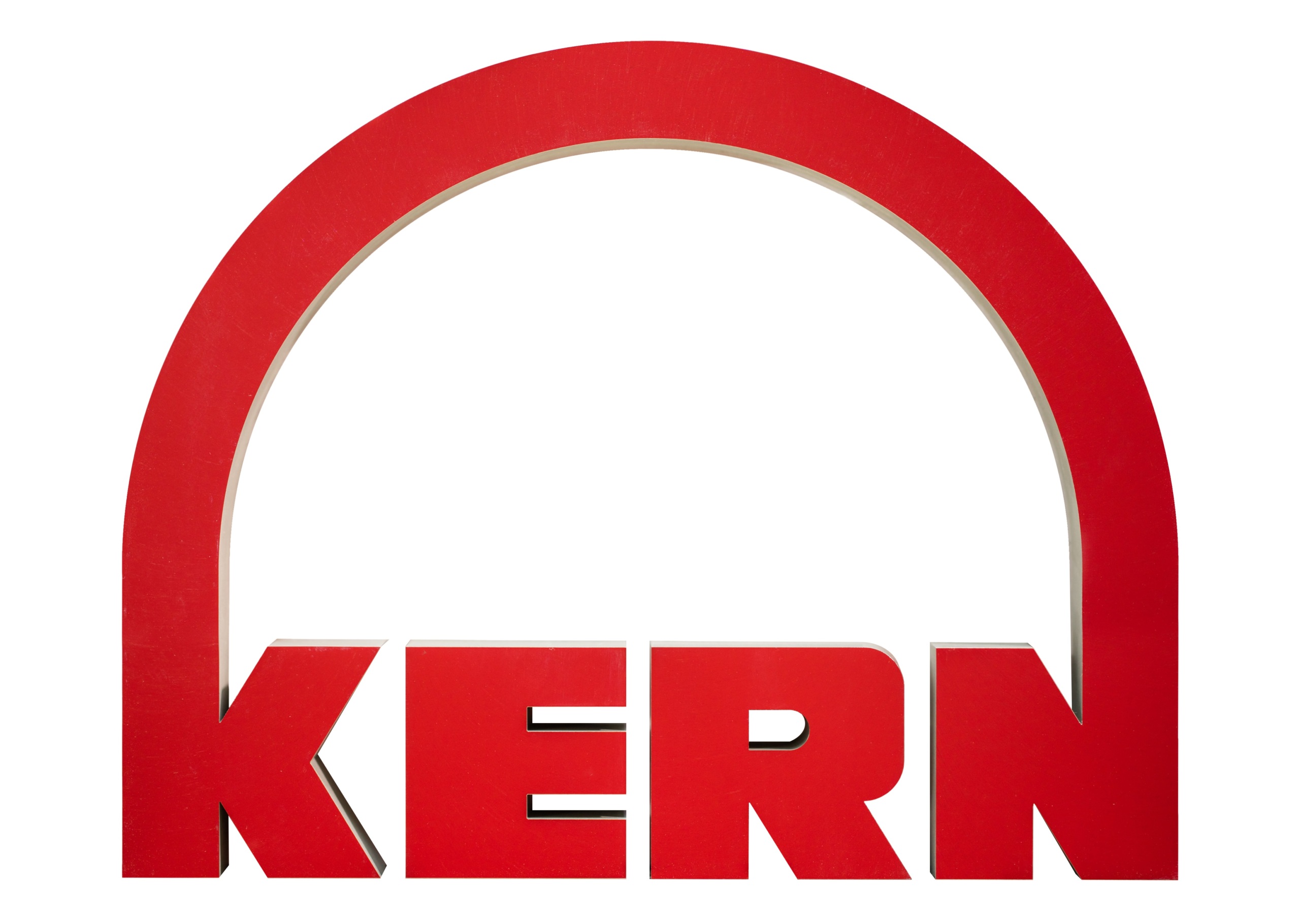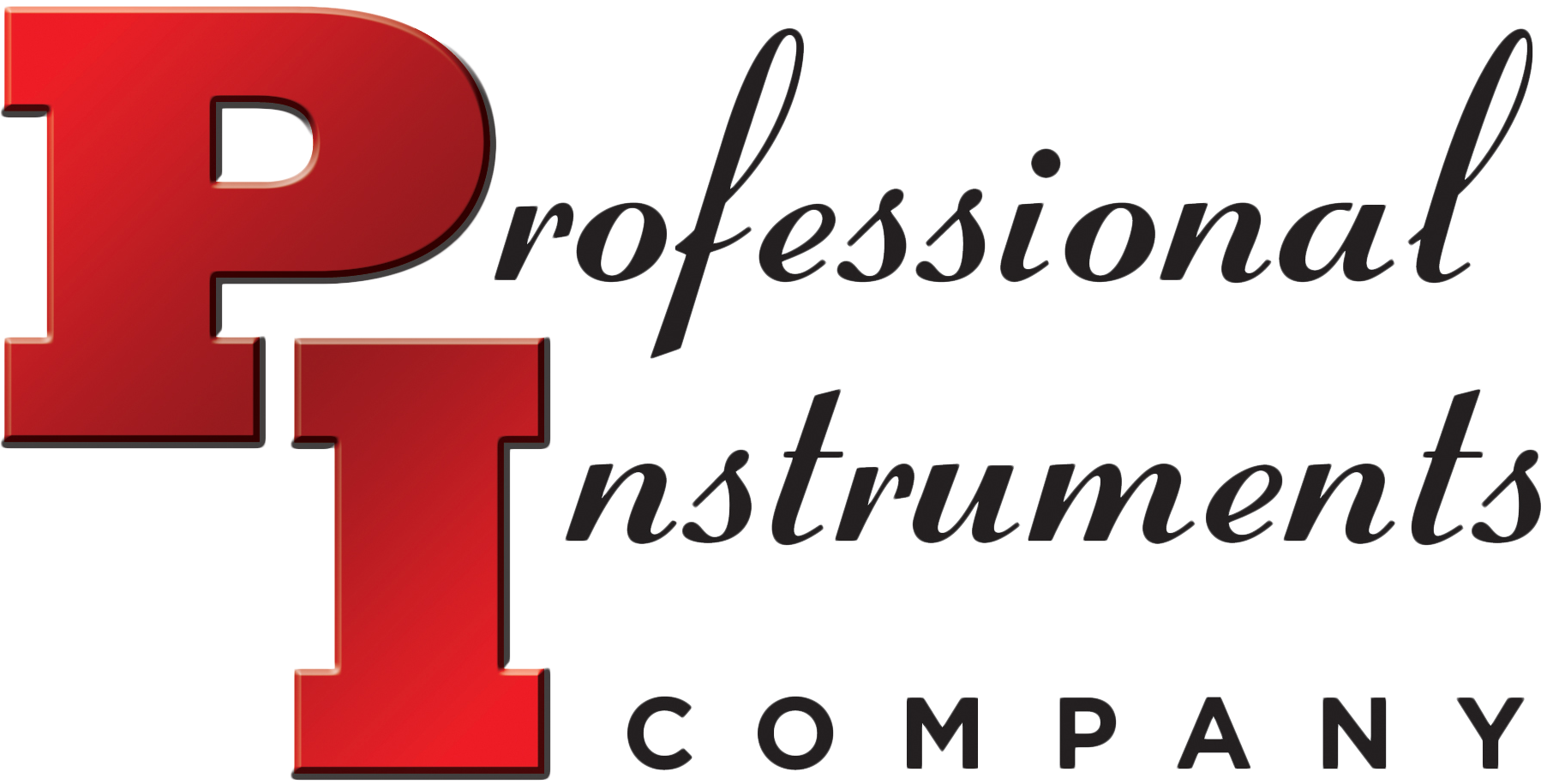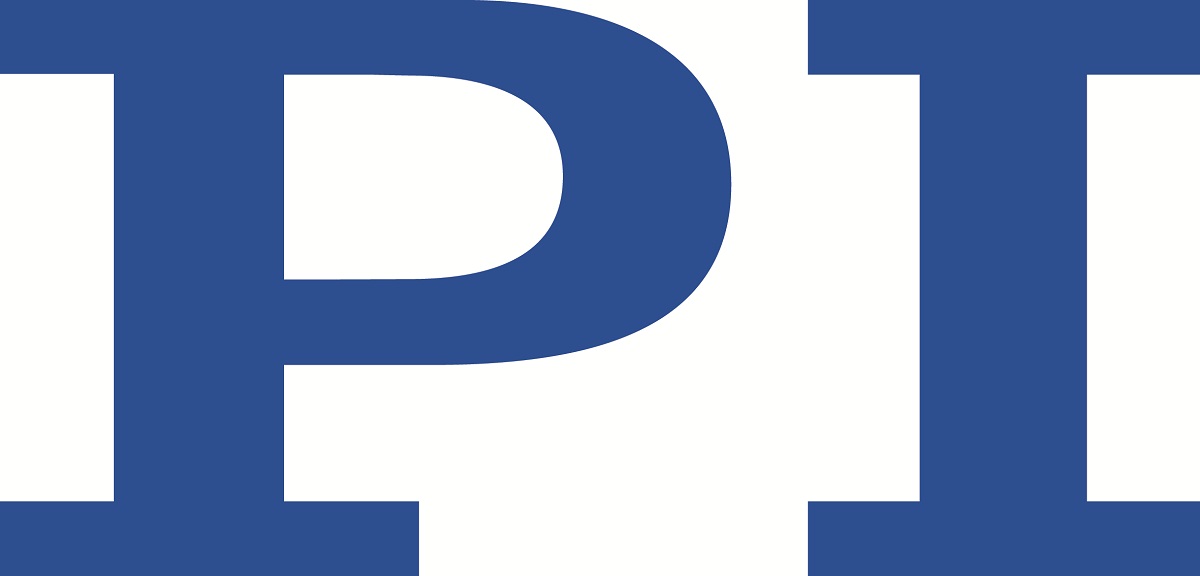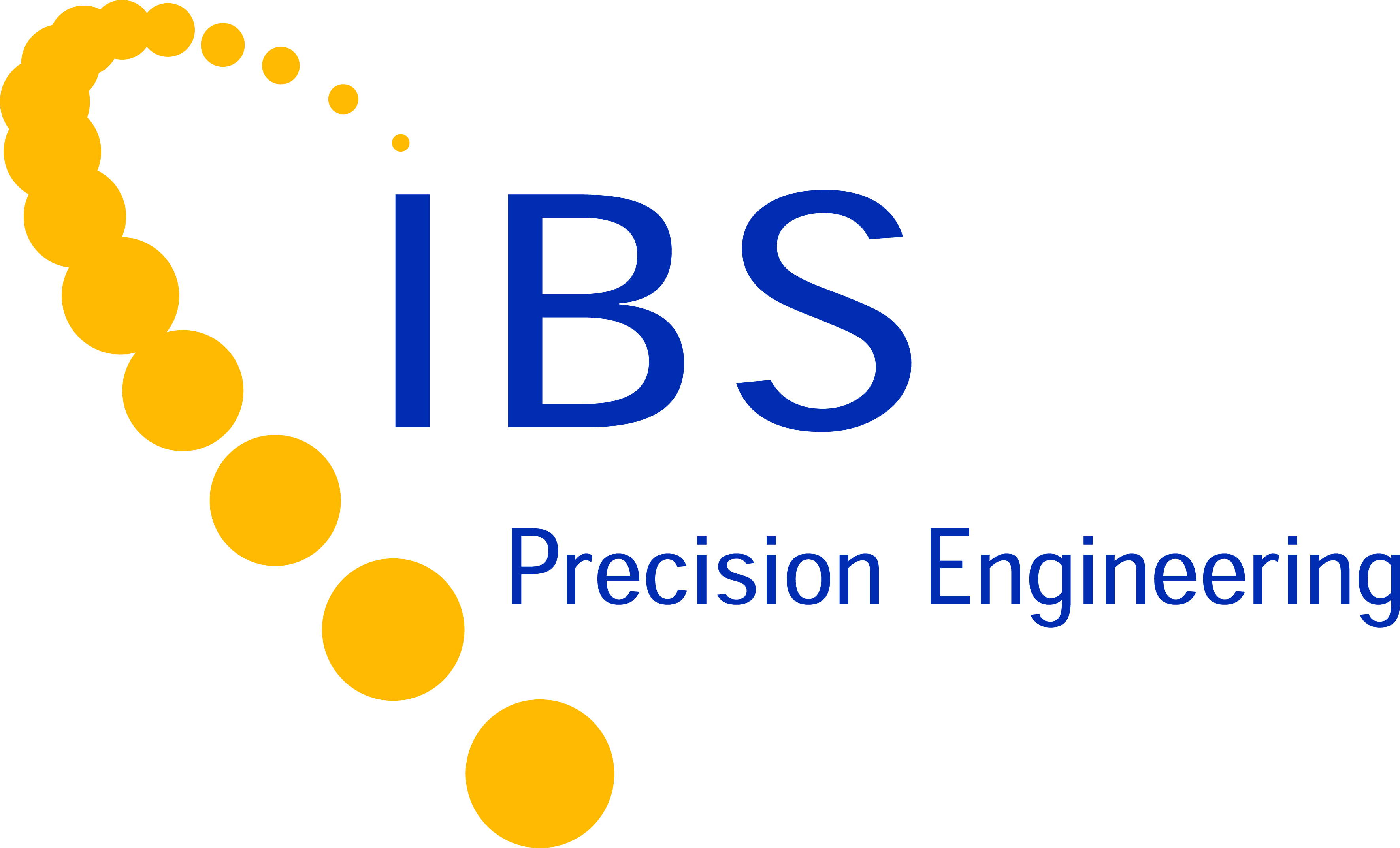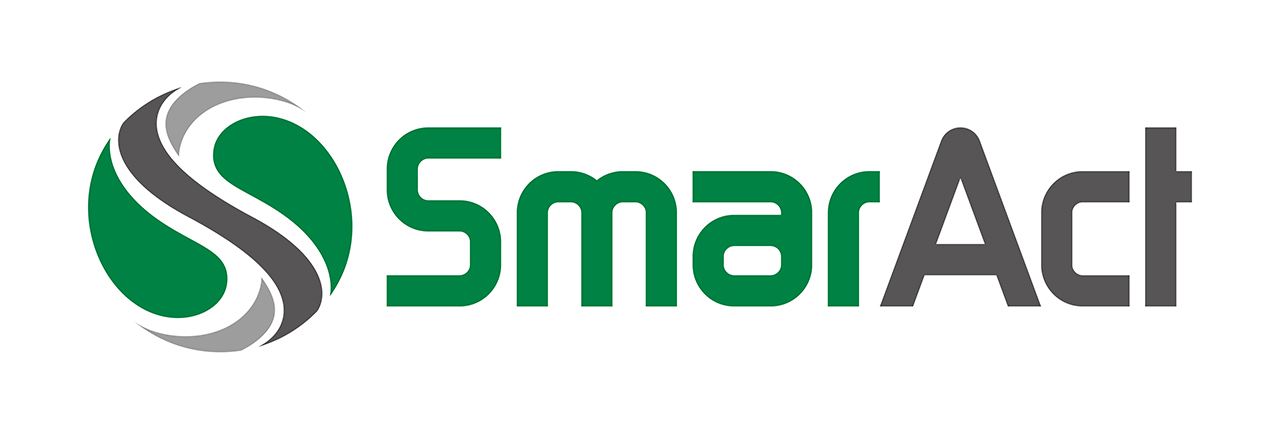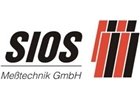Project Description
21st International Conference & Exhibition
7th – 10th June 2021, (Virtual)
Monday 7th to Thursday 10th June 2021 (virtual)
In light of current circumstances with COVID-19 a decision has now been taken that our 21st international conference will be delivered as a ‘virtual online web-conference’, to ensure the participants remain safely connected. The conference will still run in the same week as originally planned, which is week commencing 7th June 2021 and the format of the virtual conference will be live presentations delivered online plus live Q&A sessions.
euspen’s international conference and exhibition provides a leading forum for industrialists and academics alike to review the best of world-wide industrial innovation, progressive research and technology developments. Delegates will gain an insight into the precision engineering and nanotechnology priorities of Europe’s leading industrial nation.
This event offers the possibility to see latest advances in traditional precision engineering fields such as metrology, ultra precision machining, additive and replication processes, precision mechatronic systems & control and precision cutting processes. Furthermore, topics will be addressed covering robotics and automation, sustainable energy systems, precision design in large scale applications and applications of precision engineering in biomedical sciences.
The organising commitee and local hosts for euspen‘s 21st International Conference and Exhibition is Prof. Hans N. Hansen and Dr Guido Tosello, Technical University of Denmark, DK

Themes and Call for Abstracts:
20th International Conference submissions
Announcement & Call for Abstracts
Come and join your international peers and maintain a leading edge on technology, customers, partners and suppliers. Access the greatest minds in micro and nano research and development. Share knowledge and information and stimulate debates.
Themes
- Measuring Instruments and Machine Tools: Design and Performance
- Mechatronics, Control, Handling
- Metrology
- Advances in Precision Engineering and Nanotechnologies
- Mechanical Manufacturing Processes
- Non-Mechanical Manufacturing Processes
- Replication and Additive Manufacturing
- Applications of Precision Engineering in Biomedical Sciences
- Automation, Robotics, Machine Learning
- Large Scale Precision Engineering: Design, Metrology & Applications
- Sustainable Energy Systems and Precision Engineering
Submission of abstracts
Abstracts are expected to describe original work, previously unpublished and should indicate new and significant advances and their importance. Initially short abstracts comprising of approximately 300 words in length should be submitted online using the below links.
Following review of short abstracts, authors will be provided with instructions for submitting extended abstracts of up to four A4 pages. On acceptance of extended abstracts, authors are notified of presentation mode (poster/oral). All papers accepted into the conference proceedings are included in Elsevier’s citation index and will also be indexed on to euspen’s Knowledge Base which is indexed via Google Scholar. The final decision on acceptance of all papers is made by the Editor and International Scientific Committee of the conference.
The invitation to submit an abstract does not constitute an offer to pay travel, accommodation or registration costs associated with the conference. Similarly, no speaker fee is paid to successful participants. All speakers must register for the conference and transfer registration fee. In specific cases the organising committee reserves the right to deviate from the standard procedure.
“Oral and poster sessions revealing the latest research and state-of-the-art technology”
Key Dates:
25th September 2020 : Deadline for online short abstract submissions
30th September 2020 : Notification of abstract acceptance to authors
8th January 2021 : Deadline for online extended abstract submissions
18th February 2021 : Deadline for Scholarship Applications
19th March 2021 : Notification of extended abstract award (oral/poster)
Virtual Conference Fees
The conference delegate registration fee includes :-
- A full electronic copy of the proceedings
- Free access to the technical workshops held on Monday afternoon of 7th June 2021
- Access to all of the keynote and technical presentations held through-out the conference
- €425 – euspen Member Rate Full online access to all three days
- €495 – Non-Member Rate Full online access to all three days
- €175 – euspen Student Member Rate Full online access to all three days
- €375 – Exhibitor/Supporter
- €55 – Printed Conference Proceedings
- €0 – Electronic copy of Conference Proceeding (free for all delegates)
- €55 – Half day tutorial
- €95 – Full day tutorial
- €0 – Monday Workshops (free for all delegates)
- €195 – One Day Access
Virtual Delegate Registration
The 21st International Conference & Exhibition will take place as a virtual meeting.
The euspen virtual international conference complies with international VAT/IVA/VAT MOSS rules and as such the relevant Standard VAT dependent upon your Country (UK or EU) will be applied to delegate registration invoices. You should read the following rules and select Delegate Registration A or B dependent on which category you are in.
Select Delegate Registration Form A if any of the following applies:-
- You are based within the UK or Europe
- You are a private individual
- You are representing a European company that is not VAT/IVA registered
- This form will apply VAT according to your own Country (UK or European). Please note your VAT rate will be correctly applied once you have selected your country from the billing information screen.
- During busy periods it takes a little time for the form to load. Please be patient.
An administration fee will be added to your registration should you wish to pay by invoice. To avoid this administration fee, please pay by credit card wherever possible.
Select Delegate Registration Form B if any of the following applies:-
- You are representing an organisation which is VAT registered in another EU country and you are able to provide your VAT/IVA registration number
- You are representing a business outside Europe
- This form does not apply VAT. This is in accordance with reverse EU VAT rules or you are VAT exempt.
An administration fee will be added to your registration should you wish to pay by invoice. To avoid this administration fee, please pay by credit card wherever possible.
Tutorial registration
If you wish to only attend a tutorial, please email info@euspen.eu with the following information: Name of Delegate attending the tutorial and the name of the tutorial you would like to attend. An invoice will be issued to your separately and we will add your information to the registration lists.
The Precision Engineering community is quite small and the euspen annual event is a great way to make and maintain contact with world-leading experts in the field, many of whom offer highly relevant tutorial sessions at the conferences. We at Cranfield Precision specialise in the design and manufacture of high precision machine systems, it would be unthinkable for us not to take advantage of the technical program, networking and educational opportunities on offer at euspen conferences. Since around 2011, we have been exhibitors at the annual conference exhibition, we have found this to be an excellent way of making contact with new and existing customers. We can trace the initial contact made with many of our current and past customers back to the euspen conference and exhibition, so the cost of attending and exhibiting has paid for itself many times over.
With over 400 attendees focused on precision engineering, exhibiting at the Annual Conference & exhibition organised by euspen is vital to getting our message to the right people. The ultimate benefit to attending is the people you meet. Networking with industry experts willing to discuss ideas and offer suggestions to those difficult projects waiting for you back home. These conversations lead to treasured relationships with talented precision engineers you can consult when difficult questions arise.
Conference Sponsors:
Conference Keynotes:
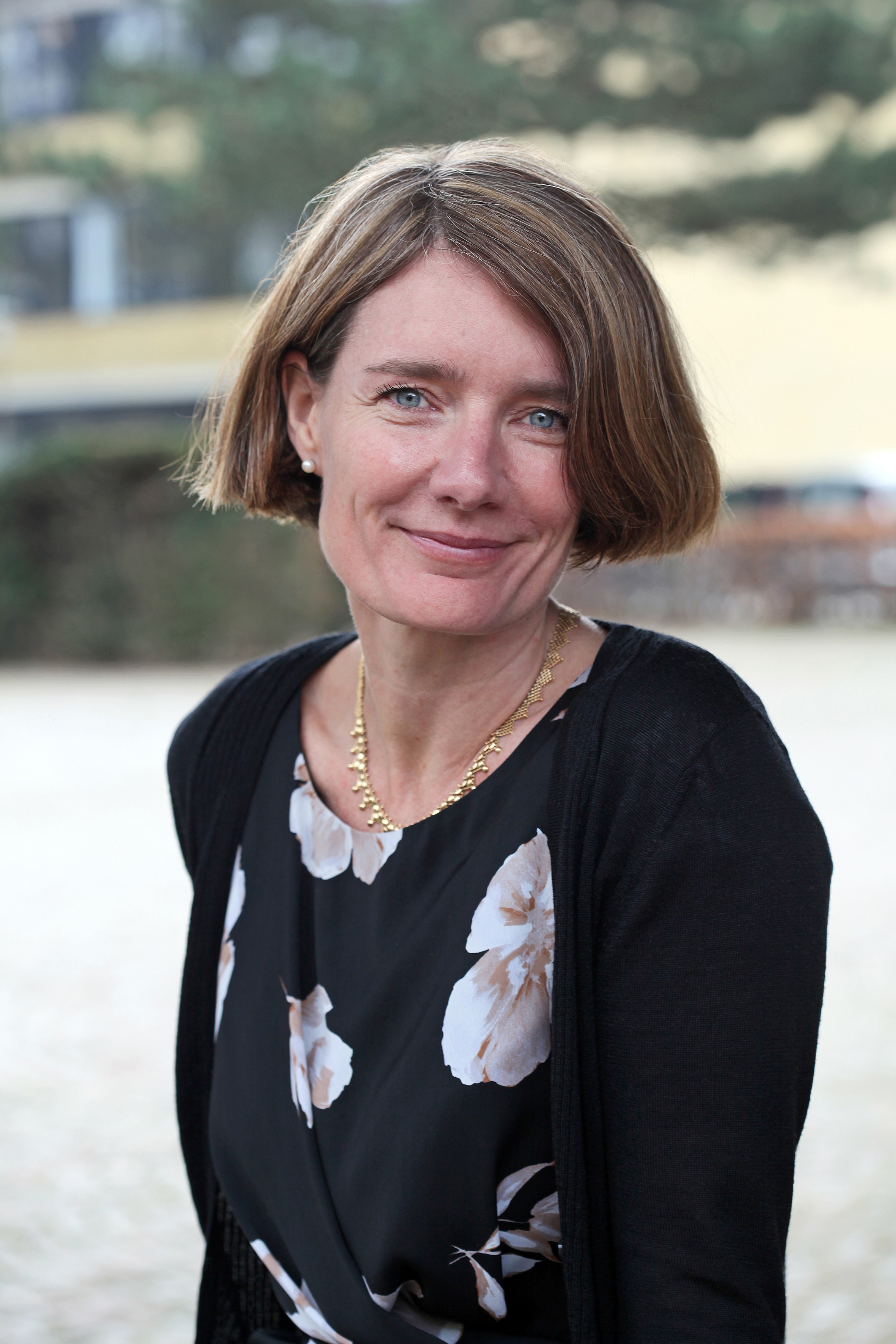
Prof. Anja Boisen
Technical University of Denmark, DK
Microdevices for oral drug delivery
Our research center of excellence IDUN – Intelligent Drug delivery and sensing Using microcontainers and Nanomechanics combines research in nanosensors/centrifugal microfluidics and microfabricated devices for oral drug delivery. This allows us to explore the synergy between sensor development and search for new pharmaceutical delivery tools and materials. We will show examples of recent findings and results within microdevices for drug delivery. Here we hypothesise that oral drug delivery can be improved significantly by utilizing micrometer sized devices loaded with drugs and sealed by lids that open at specific locations in the body. The containers protect drugs during passage through the stomach and facilitate adhesion to the intestinal wall for controlled and unidirectional release. We will show our recent findings and results within polymer fabrication and in vitro/in vivo characterization.
Biography
Anja Boisen is professor and head of section at department of Health Tech, Technical University of Denmark. She is heading a DNRF and Villum Centre of Excellence named ‘IDUN’. She has thorough knowledge on micromechanics and nanotechnology. Her research group focuses on development and application of micro and nano mechanical sensors and microfabricated systems for oral drug delivery. Anja has held and ERC Advanced grant & three ERC POC grants and is cofounder of companies Cantion, Silmeco, BluSense and Lightnovo. She is among others member of the board of Villum Foundation, the Leo Foundation, the Danish Academy of the Technical Sciences and the Royal Danish Academy of Sciences.
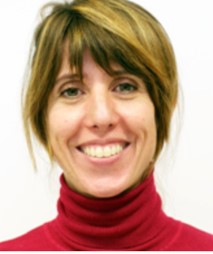
Prof. Bianca Maria Colosimo
Politecnico di Milano, IT
Complex data as the new normal in precision engineering: opportunities and challenges
Precision engineering is facing a new renaissance, due to the widespread adoption of emerging process technologies (e.g., additive manufacturing, micromanufacturing) combined with paradigm shifts in metrology (e.g., X-ray CT), sensing and computing (e.g., Industry 4.0 and big data mining).
A new generation of massive, highly unstructured, multi-sensor, spatially and temporally correlated data represent the “new normal”, i.e., the basic ground to develop novel solutions for quality inspection, monitoring and control.
Two main dimensions of data complexity will specifically be discussed in this keynote: i) data describing product quality, where freeform, topologically optimized shapes and lattice structures have to be modelled, monitored and inspected; ii) process data, available as multiple streams of signals, images and video-images, that have to be modelled and monitored to prevent and possibly correct flaws. Starting from real industrial scenarios, opportunities and challenges of complex data mining will be discussed to highlight directions for future research.
Biography
Bianca Maria Colosimo is Professor in the Department of Mechanical Engineering of Politecnico di Milano, where she is Deputy-Head of the Department and co-founder of the AddMe Lab, a research laboratory on novel solutions for metal additive manufacturing.
She is also member of POLIMI2040, a board appointed by the Rector to investigate the long-term future scenarios for technical universities in Europe.
Her research interest is mainly in the area of quality data analysis (i.e. statistical process monitoring, control and optimization), with special attention to complex shapes modelling and monitoring and in-situ data mining for advanced manufacturing, additive manufacturing overall. On these topics, she is author of 100+ published contributions, most of them in peer-reviewed international journals and books. Since 2018, she has been Editor of the Journal of Quality Technology (Taylor and Francis).
She is also a member of the board of the CLC south of the EIT Manufacturing, part of the steering committee of the World Manufacturing Forum (WMF), member of the ManuFuture platform (EU Commission), of the QSR Advisory Board at INFORMS and council member of ENBIS (European Network of Business and Industrial Statistics).
She is included among the top 100 Italian woman scientists in STEM – (https://100esperte.it/search?id=170)
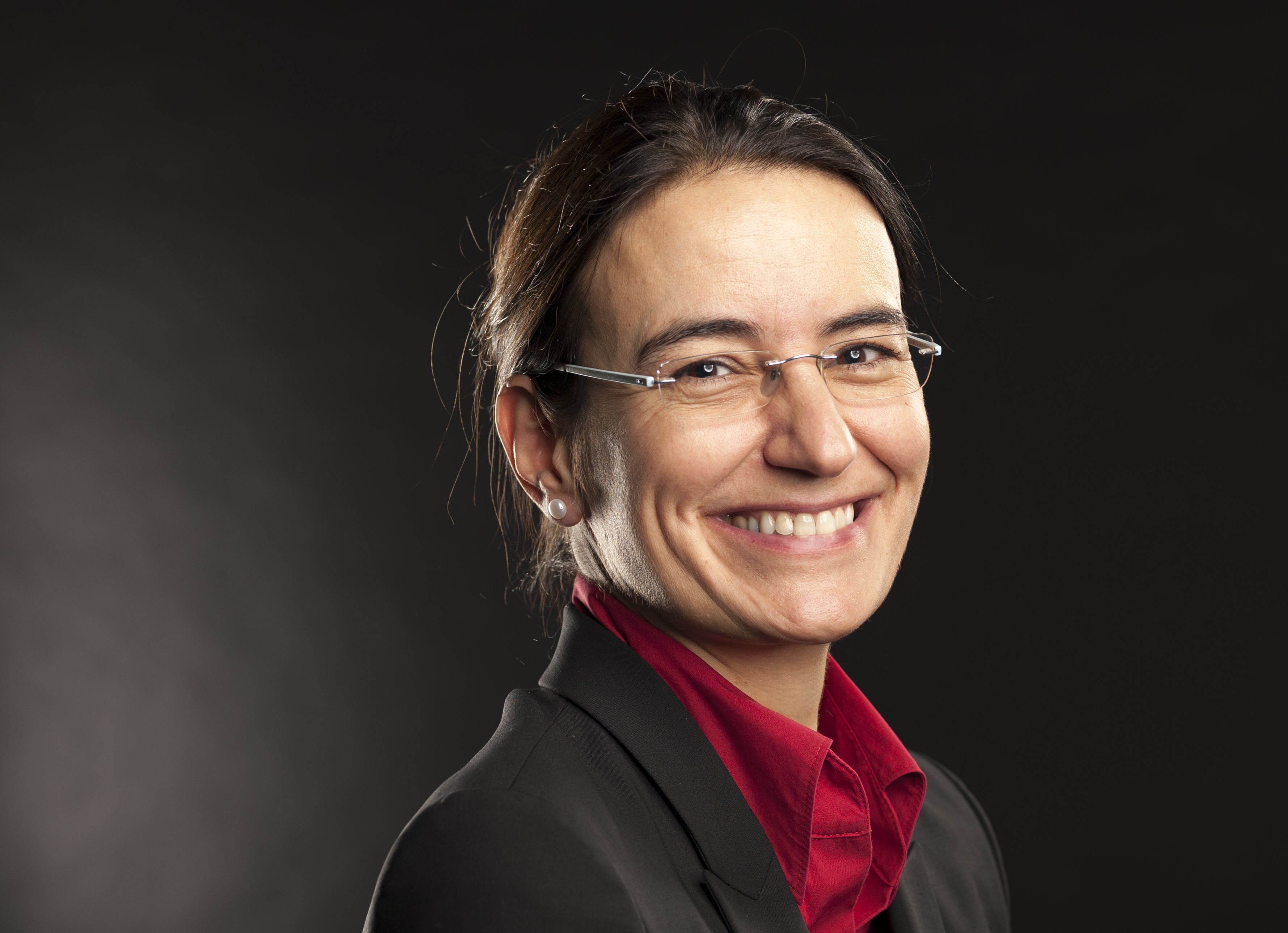
Prof. Dr.-Ing. Gisela Lanza
Institute of Production Science (wbk) at Karlsruhe Institute of Technology (KIT), DE
Sustainable production enabled by remanufacturing: Production under uncertain product specifications
The current social, economic and global political situation is characterized by great uncertainty. The periods of time in which humanity is undergoing profound changes are becoming increasingly short-cyclical. In view of the growing population worldwide and the increasing scarcity of central raw materials, the course must be set today in order to look into a sustainable future. This is especially true for manufacturing companies, as there is no doubt that the traditional linear economic approach “take – make – use – dispose” is no longer a recipe for success in the long run. Closed-loop models such as remanufacturing offer the opportunity to continue to operate economically but also ecologically. In remanufacturing, used products are recovered, dismantled and selected components are returned to the production process. In particular, the decision as to whether an used product is suitable for a further life cycle is nowadays mainly made by skilled personnel following an inspection, since the use of the products results in a high variance in the states of the declining old products. In addition to possibly missing product components, signs of aging and wear and tear such as corrosion or cracks must be detected and evaluated at the same time. This poses unprecedented challenges for automated quality assurance concepts, as they have to adapt to constantly changing conditions. At the same time, new methods, such as artificial intelligence, offer the opportunity to master these challenges.
Biography
Professional / Academic Curriculum Vitae
2016 Awarded the “Bundesverdienstkreuz” (Cross of the Order of Merit)
since 2012 Professorship “Production System and Quality Management” at Institute of Production Science, Karlsruhe Institute of Technology (KIT)
2009 Heinz Maier-Leibnitz award: Recognition by the German Research Foundation (DFG) for superior postdoctoral scientific performance
since 2009 Director of ”Global Advanced Manufacturing Institute (GAMI)“ in Suzhou, China
since 2008 Member of cooperative board of management at Institute of Production Science (wbk) Karlsruhe Institute of Technology (KIT)
2008-2011 First Shared Professorship “Global Production Engineering and Quality” at the Karlsruhe Institute of Technology in cooperation with Daimler AG
2005-2007 Sponsorship from the elite sponsorship program of Landesstiftung Baden Wuerttemberg for postdoctoral candidates
2004 Doctorate at the Department of Mechanical Engineering, University of Karlsruhe (TH); passed with distinction (summa cum laude)
2003-2008 Director of Production Systems division at Institute of Production Science (wbk), University of Karlsruhe (TH)
1998 Research visit at Massachusetts Institute of Technology (MIT), Cambridge US
1993-1999 Studies of Business Engineering at the University of Karlsruhe (TH)
Memberships and Functions
- Associate Member of CIRP and Chair of Scientific Research Group “STC O – Production Systems and Organisations” of CIRP – International Academy for Production Engineering
- Member of wgp – German Academic Society for Production Engineering
- Member of acatech – German Academy of Science and Engineering
- Vice chair of reviewer group 3 of AiF – German Federation of Industrial Research Associations
- Member of scientific commission of Lower Saxony
- Member of various boards and juries in national and international institutions
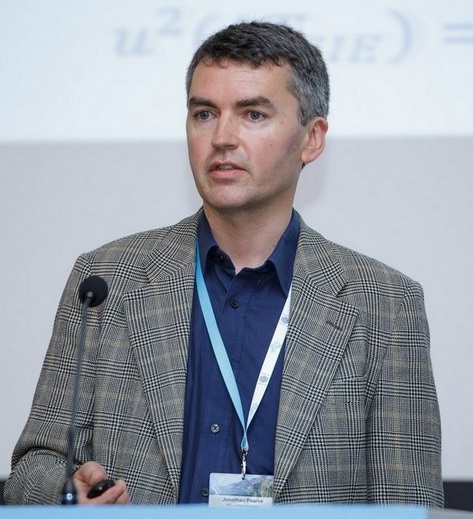
Jonathan Pearce PhD FInstP
National Physical Laboratory, UK
New perspectives on applied thermometry
Traceability of temperature measurements to the International Temperature Scale of 1990 (ITS-90) is a critical factor in establishing low measurement uncertainty and reproducible measurements. Unfortunately, in a large number of temperature measurement settings traceability is lost due to factors relating to the measurement situation e.g. unknown sensor calibration drift, surface emissivity, reflected thermal radiation, and heat flow effects. Some developments at NPL to facilitate in situ traceability are described, including novel low drift and self-validating temperature sensors, traceable surface temperature measurement methodologies using thermographic phosphor coatings, an in situ combustion reference standard (portable standard flame) of known temperature, traceable fibre-optic thermometry, a 3D thermal imaging capability, and a practical driftless ‘primary’ Johnson noise thermometer which measures temperature directly without recourse to any temperature scale. In addition, implementation of the developments in process environments are outlined. The unifying factor is that the measurements are aimed at being traceable to the ITS-90 with the linkage maintained through understanding and quantifying the uncertainty of measurement.
Biography
Jonathan Pearce is a principal research scientist and head of contact thermometry in the Temperature & Humidity group at NPL, where he has been based for 15 years. He has authored 143 technical papers on low temperature physics and high temperature metrology and currently leads the development of thermocouples and high temperature fixed points for contact thermometry at NPL. He represents NPL on the CCT Task Group ‘Guides on Thermometry’. He is the UK representative on the EURAMET Technical Committee for Thermometry (TC-T). He sits on the BSI working group GEL/65/2 and the IEC working group TC65/SC 65B/WG 5 which are both concerned with standardisation of ‘Temperature sensors and instruments’. He is a Fellow of the Institute of Physics, and currently leads a 26-partner European Metrology Programme for Innovation and Research (EMPIR) project called ‘EMPRESS 2’ aimed at enhancing high value manufacturing process efficiency by solving a set of specific process control problems through improved thermometry.
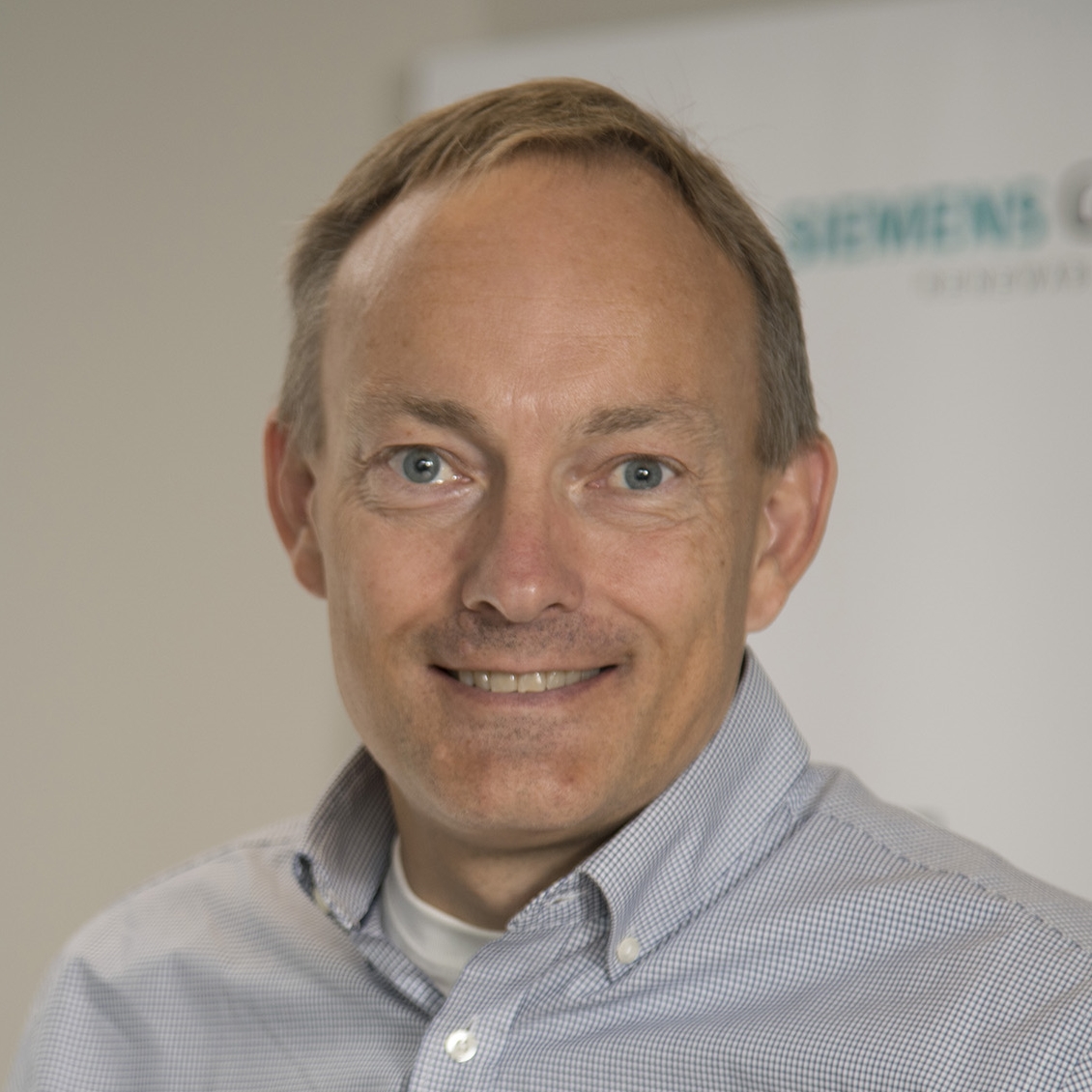
Peter Fuglsang
Siemens Gamesa, DK
Offshore blade development research needs
The Wind Energy Industry has undergone a dramatic development during the latest two decades and is now a main stream energy source and seen as one of the handles the World has to reduce carbon footprint and there is a rising need for energy capacity. The cost pressure in the wind market has increased significantly due to the fierce competition among OEMs combined with auction based tenders leading to fewer subsidies. This leads to a need for innovation on every element of the balance of plant and on the entire value chain in order to reduce cost, at the same time it also leads to OEM cash constraints and short term and incremental thinking.
With focus on large blades for wind turbines, this presentation will provide an understanding of the wind energy sector and market together with the major industry trends. The presentation will demonstrate the value of setting a long term agenda for innovation and development of new technologies. Also, it will be discussed how this long term agenda defines research topics and collaboration between Industry and Academia. Here, one important research topic is new composite materials.
Biography
M.Sc Mechanical Engineering, 1994, Aalborg University Denmark.
Peter Fuglsang worked as a Senior Scientist at Risø National Lab and has held different management positions in LM Wind Power and now at Siemens Gamesa Renewable Energy.
Peter is an expert in wind turbine system design, aerodynamic and acoustic performance and blade design & manufacture. Currently responsible for R&D for wind turbine blades for offshore in Siemens Gamesa Renewable Energy.


